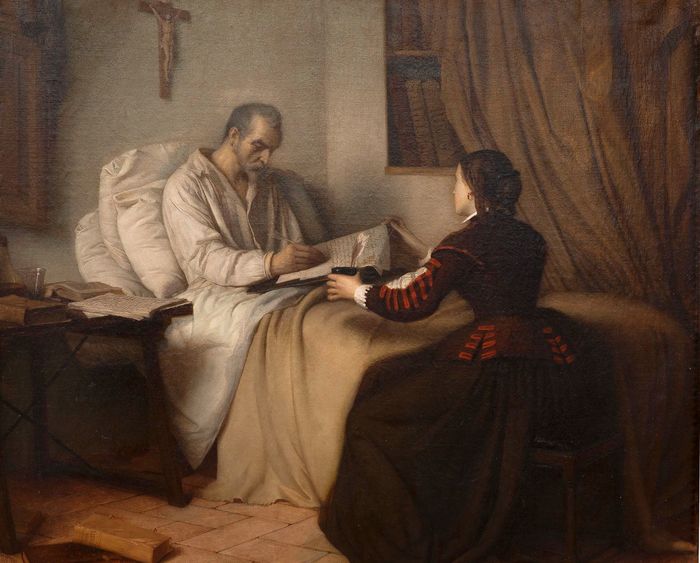Eumieus Tale – Ancient Greece
There is no land without its story-tellers, and in the dawn of Hellenic civilization we find the half-legendary author of the Iliad and the Odyssey telling tales—some of them so long and elaborate as to be called epics, and some of them brief enough to be classed as short stories. Though the actual composition of the earliest Greek stories dates from a thousand or fifteen hundred years after the Egyptian tales, there is no doubt that they were sung or recited centuries before the great epics assumed the form in which they are now known.
Eumieus Tale – The poet Hesiod, somewhat later than Homer, but before the opening of the Golden Age of Greek literature (Fifth Century, B.C.), inserted into his longer mythical and didactic works episodes which are, as a matter of fact, short stories, though they are inferior in workmanship to the ingenious tales with which Herodotus enlivens the pages of his fascinating History. Herodotus was much more of an artist than a mere recorder of facts. He was determined at all costs to make his work readable. Other and later historians strove to imitate him, and their books are full of anecdotes and episodes many of which might be extracted to demonstrate the gradual development of the form. Plutarch, in particular, was fond of relating incidents to illustrate the Lives of his heroes.
Eumieus Tale – Though the fable probably originated in India, it was given a particular form in the so-called Beast Fable of the Greeks. This is a short story told in order to point a moral, in which respect it is not essentially different from most other stories, ancient and modern. It was in Greece that a collection of beast fables accumulated, and was attributed to a certain Tisop, of whom we have no authentic knowledge. That they are short and deal ostensibly with animals instead of human beings in no way prevents their inclusion in a collection of this sort. The best of them are masterpieces in the art of condensed narrative. Though the works attributed to Tlsop are now lost, they have been preserved in translated or adapted form by the Latin fabulist, Phaedrus.






